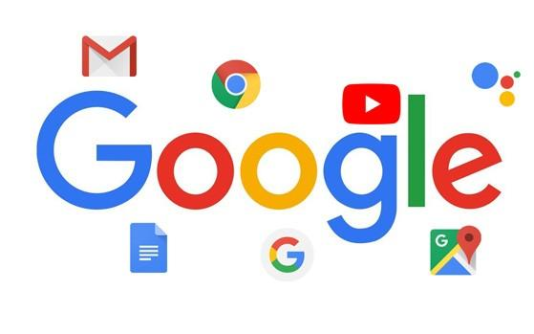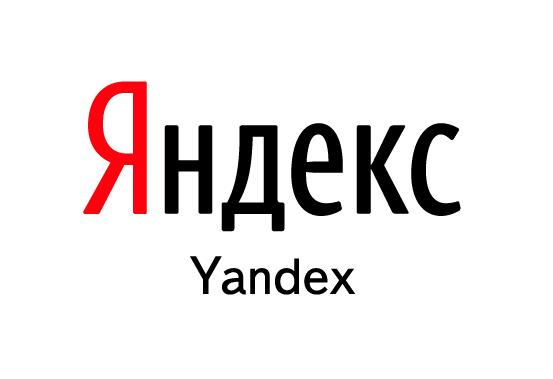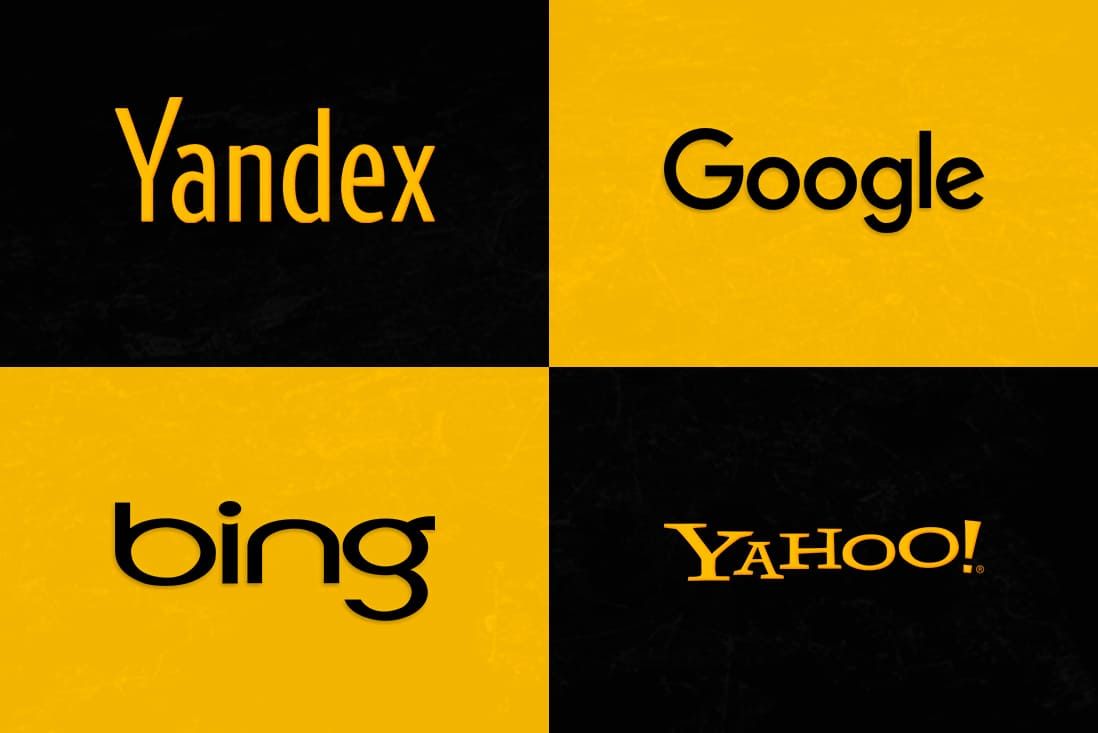What is a search engine and how do they work?
Search engines allow users to search the Internet for content using keywords. There are several search engines that users use most often. When a user enters a keyword or keyword into the search engine, the search results page (SERP) is displayed, ranking the pages found in order of relevance. Each search engine has its own rating.
Each search engine has its own set of rules (algorithms). A search engine algorithm is a set of rules or a unique formula that a search engine uses to determine the significance of a web page. These rules determine whether a webpage is real or just spam, whether it has any significant data that users will be interested in, and many other features for ranking. Search engines often change their algorithms to improve user experience. They aim to understand how users search and give them the best answer to their query. This means that an important task of search algorithms is to produce high-quality content by the user's keyword.
How do search engines work?
Search engines use programs, often called spiders, robots, or scanners, to search the Internet. These programs are used by search engines to create an Internet index. However, while most search engines provide tips on how to improve your page's ranking, the exact algorithms used are well protected and change frequently to avoid misuse. But by following a few well-accepted search engine optimization (SEO) techniques, you can ensure that Your site is well indexed and stays high in the rankings.
Various methods of the search engine
Each of the four major search engines uses different methods to rank websites. Understanding these methods will help you understand SEO strategies.
4 main search engines:

Google evaluates the value of a web page based on the number of backlinks, i.e. links to your site. Links from pages that are considered important to Google have more weight and increase the rating of the linked pages. Google also analyzes the relevance of the content on the page and other factors such as mobility. Google's ranking algorithm is constantly changing. It is very useful to keep track of the latest changes.
Yandex

Yandex, launched in 1997, is the most frequently used search engine in Russia. Yandex is also popular in Ukraine, Kazakhstan, Belarus and Turkey. It provides services such as Yandex Maps, Yandex Music, online translator, Yandex Money and many other services. Evaluates the value of a web page based on textual content as well as behavioral factors.
Yahoo!

Yahoo! started as a manually edited catalog. It currently uses link analysis tools to determine the relevance of a page, although content is also important to determine the relevance of a search. Other important factors are backlinks and good website design.
Bing

The Microsoft Bing search engine evaluates web sites based on the content of the web page, the number and quality of sites that link to your pages, and the relevance of your site content by keywords.
More information about how to optimize your site for a particular search engine can be found on the pages of their webmasters. All leading search engines provide information and tools to help you improve your SEO.
There are a number of specialized search engines that allow users to search for specific things such as videos, used cars, recipes, airline tickets and hotels. SEO tactics can be used to help your products and services perform well on specialized search engines.
The results of the multimedia search
Universal or "mixed" search is how search engines provide users with different types of content in search results. In addition to the results of the traditional text page, SERP will also show multimedia content such as images, videos, maps, articles and shopping pages.
Having several different types of content on your website - for example, a training video on how to use your product or blog - can increase the chances of appearing on the results pages and raising the page in the rankings.




